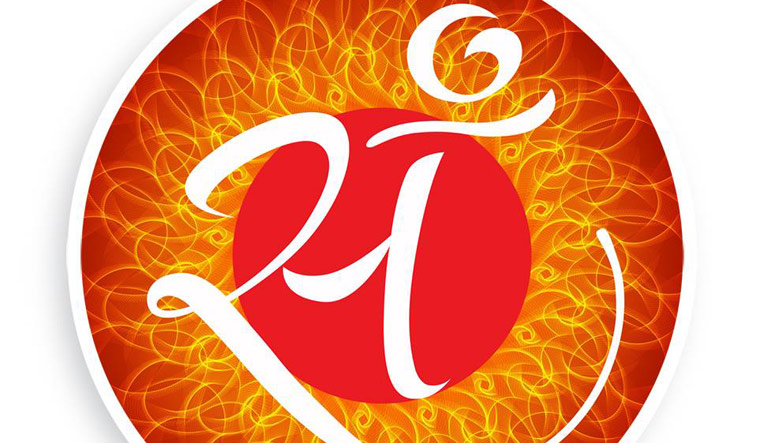The Union ministry of culture is setting up a 'Vedic Heritage Portal' under the Indira Gandhi National Centre for Arts, Delhi, “to collect and communicate scientific knowledge in the Vedas”.
But there is no scientific knowledge in the Vedas, as I will presently explain; so how can something which does not exist be collected and communicated? Who is the ministry of culture trying to fool?
In his letter dated November 12, 2018, and addressed to Prof. V. Ramgopal Rao, director of IIT Delhi, Arun Goyal, secretary, ministry of culture, Govt of India, writes: "It gives me immense pleasure to inform you that the Ministry of Culture, Govt of India, is developing a Vedic Heritage Portal which aims to communicate scientific knowledge enshrined in the Vedas. The Indira Gandhi National Centre for Arts ( IGNCA ), the premier Research and Documentation Institution, working under the aegis of the Ministry of Culture, Govt of India, has been entrusted to implement this project of national importance ".
The project will be set up by the IGNCA, and its project director Sudhir Lal has informed that the website would be operational by March 2019.
Now, this portal aims to communicate 'scientific knowledge in the Vedas'. But is there any scientific knowledge in the Vedas? Have Arun Goyal or Sudhir Lal ever read the Vedas? I doubt it.
Let me first explain what the Vedas are:
The Vedas consist of four parts, none of which have any scientific knowledge. These are:
(1) The Samhitas, which are four in number ie. the Rigveda, the Yajurveda, the Samaveda, and the Atharvaveda.
Of these, the most important is the Rigveda. About two third of the Yajurveda (which is devoted to performing the yagyas) consists of richas (hymns) from the Rigveda, and almost the entire Samaveda is simply Rigveda set to music. The Atharvaveda was, at one time, not even regarded as Veda, and Vedas were regarded the 'Trayi Vidya' ie. Rig, Yajur, and Sama Vedas. Later, however, it was also accepted as Veda.
The Rigveda consists of about 1,028 richas or hymns in praise of various Vedic gods—Indra, Agni, Soma and Surya among others. There is no science in these.
(2) The Brahmanas—Aitareya Brahman, Taitareya Brahman, Shatapath Brahman etc.—which are prose treatises giving the method of performing various yagyas (karmakand). Again, no science here
(3) The Aranyakas or forest treatises. No science here too
(4) The Upanishads, also called Vedant, which preaches Vedantic monism (ie. that the only reality is Brahman). Again, no science
The above four are collectively called the Vedas. So where is science in the Vedas?
There was no doubt a lot of scientific development in ancient India. For instance, decimal system in mathematics and plastic surgery in medicine among others, but this knowledge is not part of the Vedas. The works of Aryabhatta, Brahmagupta, Bhaskar, Varahamira, Sushrut, Charak etc. are no doubt in Sanskrit, and they are outstanding works which advanced the frontiers of human knowledge, but they are not part of the Vedas.
So who is the ministry of culture, Govt of India, trying to bluff ? What will its proposed portal communicate when there is nothing to communicate?



